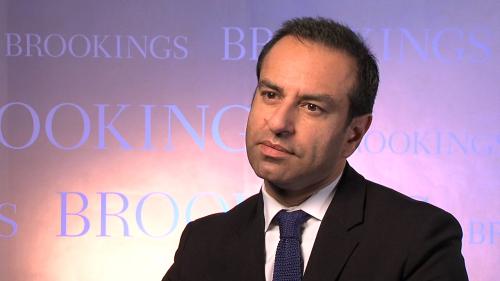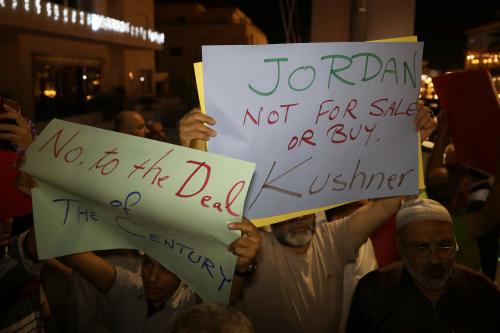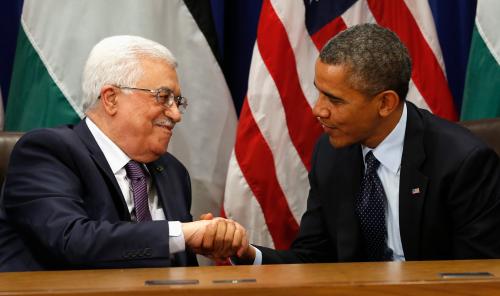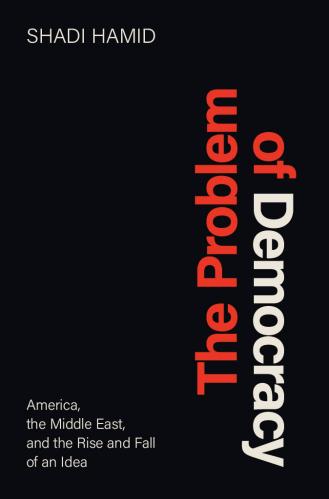President-elect Donald Trump has said that he aspires to make the “ultimate deal” to end the Israeli-Palestinian conflict, while also promising to move the U.S. embassy in Israel to Jerusalem. As I wrote in a recent op-ed in The New York Times, those two goals seem at odds, since relocating the embassy under current circumstances will exacerbate the conflict rather than improve chances for settling it. But if Trump plays his cards right, perhaps both are possible.
Previous administrations have left negotiations over the status of Jerusalem to last because of their complexity and sensitivity. But if the disruption-oriented Trump administration is intent on moving the embassy, it could try to use the move to jump-start the moribund peace process. Although the status of Jerusalem is a deeply thorny issue, a rational compromise is imaginable: the undivided city could become the shared capital of the Israeli state and its Palestinian counterpart, with the Jewish and Arab suburbs under the sovereignty of their respective state. Jerusalem’s Old City could be governed by a special administration that ensures religious authorities continue to oversee their respective holy sites.
Previous U.S. presidents have supported this framework, but the parties themselves have rejected it. Perhaps Trump’s embassy decision could be used to inject some urgency back into the process with the ultimate objective of establishing two embassies in Jerusalem, one for Israel on the west side and one for Palestine in the east. Importantly, though, it would be crucial to accompany such a decision with a simultaneous effort (one that includes regional actors like Egypt and Jordan) to jump-start peace talks on Jerusalem first—otherwise the move would simply risk inciting a new explosion of anger among the Palestinians, their Arab allies, and Islamic extremists across the region.
The Brookings Institution is committed to quality, independence, and impact.
We are supported by a diverse array of funders. In line with our values and policies, each Brookings publication represents the sole views of its author(s).











Commentary
How a U.S. embassy in Jerusalem could actually jump-start the peace process
January 5, 2017